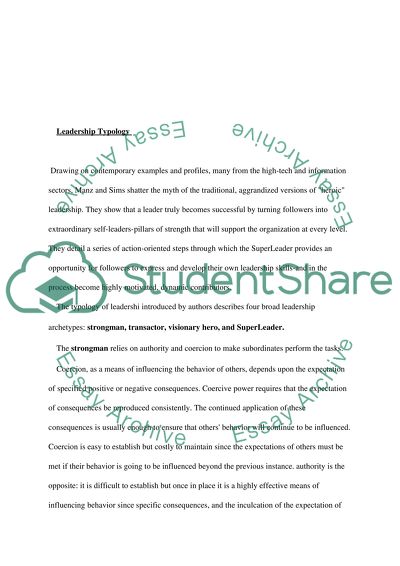Cite this document
(“Leadership Essay Example | Topics and Well Written Essays - 4000 words - 1”, n.d.)
Leadership Essay Example | Topics and Well Written Essays - 4000 words - 1. Retrieved from https://studentshare.org/miscellaneous/1536507-leadership
Leadership Essay Example | Topics and Well Written Essays - 4000 words - 1. Retrieved from https://studentshare.org/miscellaneous/1536507-leadership
(Leadership Essay Example | Topics and Well Written Essays - 4000 Words - 1)
Leadership Essay Example | Topics and Well Written Essays - 4000 Words - 1. https://studentshare.org/miscellaneous/1536507-leadership.
Leadership Essay Example | Topics and Well Written Essays - 4000 Words - 1. https://studentshare.org/miscellaneous/1536507-leadership.
“Leadership Essay Example | Topics and Well Written Essays - 4000 Words - 1”, n.d. https://studentshare.org/miscellaneous/1536507-leadership.


